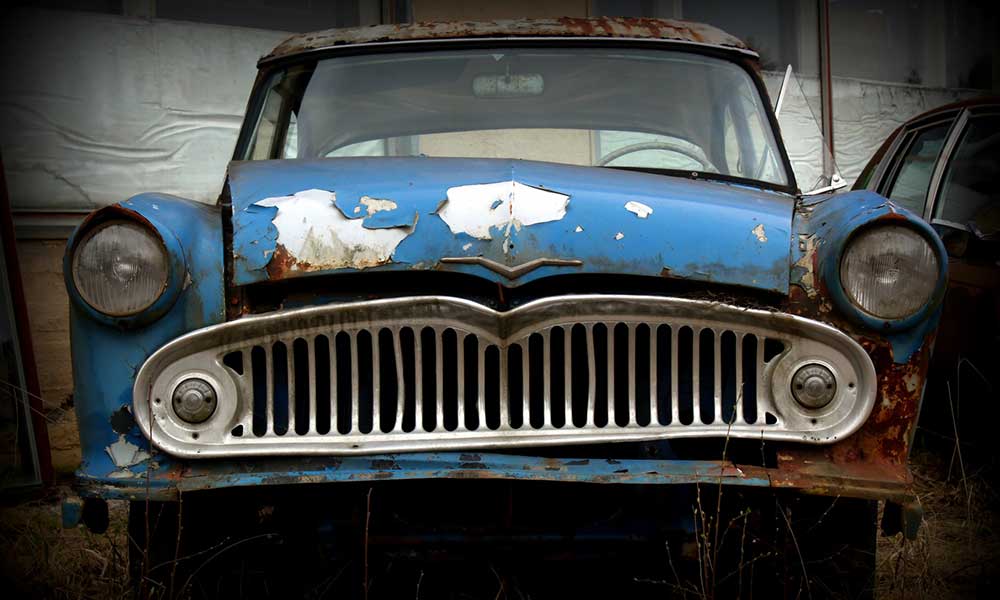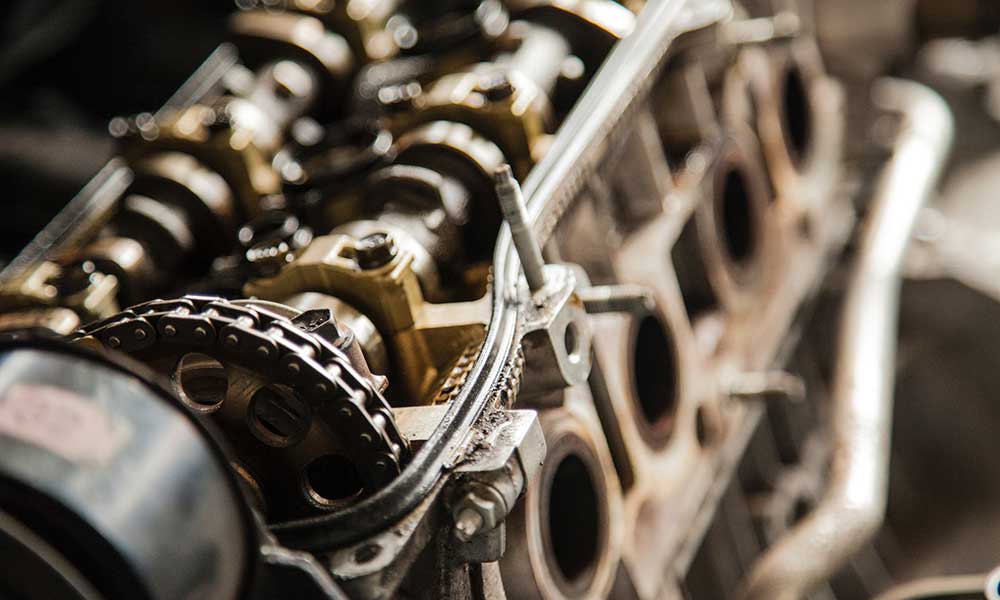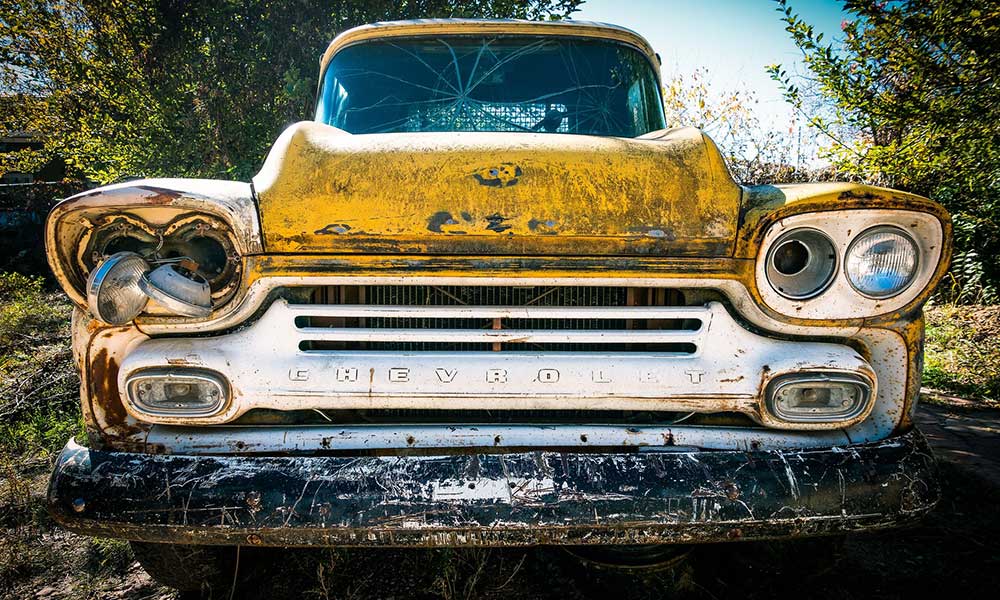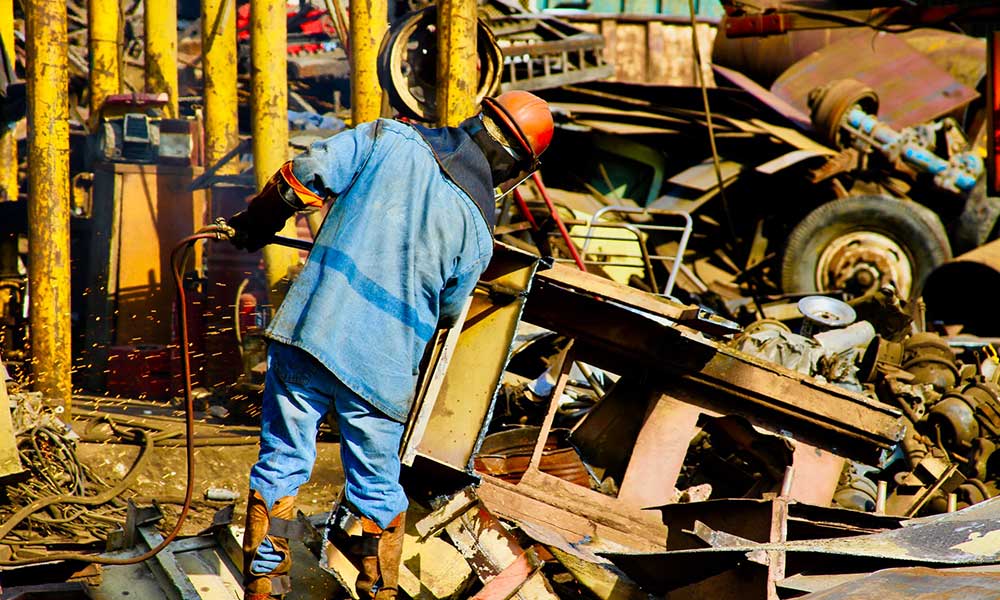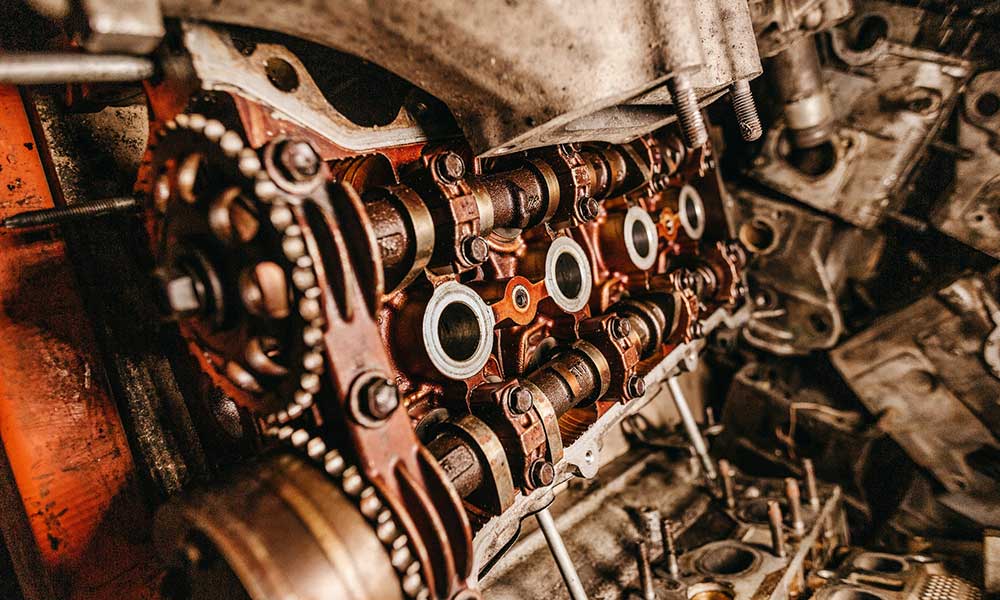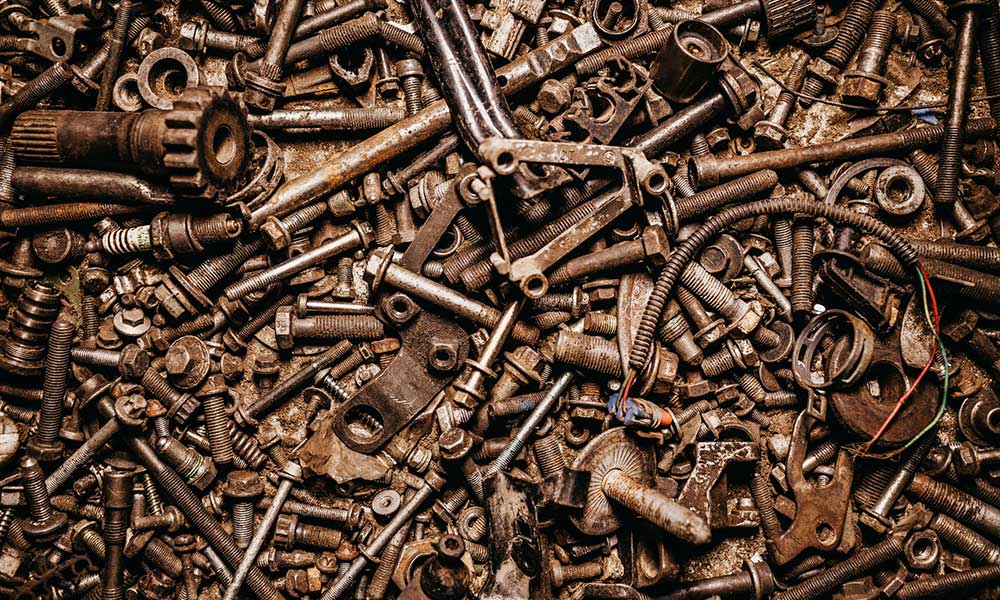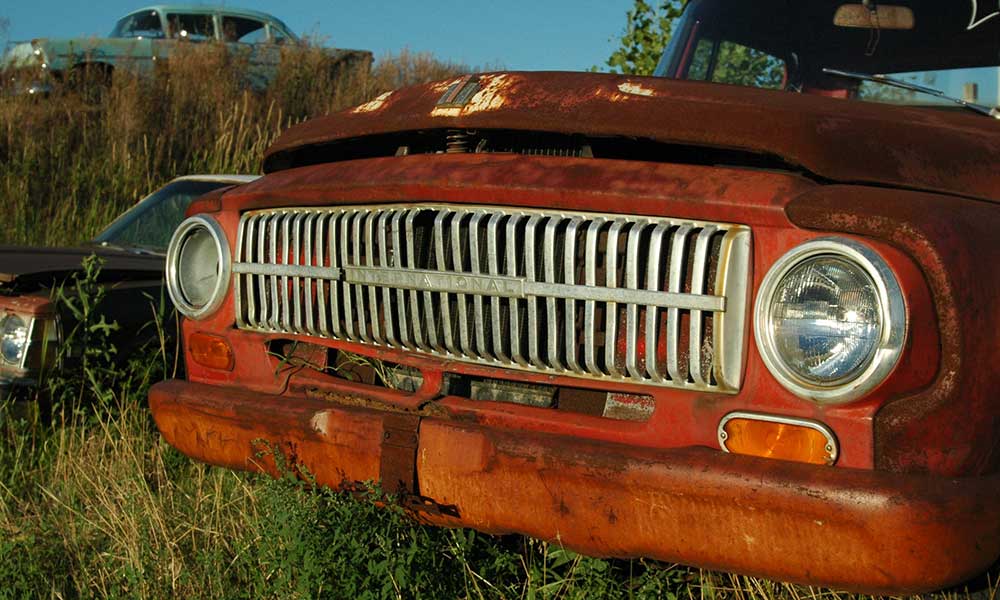Nature happens, there’s no doubt about it. Hurricanes, floods, tornadoes, and other weather events can do some serious damage to a car. So, what happens to those cars once Mother Nature has had her way?
If you’re thinking about buying or selling cars damaged by hurricanes and other disasters, there are important points you’ll need to know. In this guide, we’ll talk to both sellers and buyers about what to do with flood-damaged vehicles, as well as those hit by hail, high winds, and other such disasters.
Buying a Car Damaged by a Natural Disaster
The damage that water causes to a vehicle is no joke. Water ruins engines, rusts metals, and can irreparably damage the interior of a car.
With that said, it can be tempting to buy a vehicle that’s been hit by severe weather. The price is low, and you don’t feel bad just carrying the minimum insurance on the car. After all, why insure a vehicle for thousands when you bought it for less than one thousand?
Well, a car that’s been damaged by a hurricane or other disaster can be quite the loose cannon. At any moment, your electrical system could fail, you could experience engine failure, your transmission could slip, or you could be hit with a host of other issues.
Think twice before you spend your hard-earned money on a storm-damaged vehicle. The costs you incur in the long run could be far more than the money you “saved” on the vehicle.
Before you buy a damaged vehicle, you should take precautions to protect yourself. First, research the VIN of the car; this will reveal whether the car has a salvage title. Salvage titles may be harder to ensure and can be less reliable than other vehicles.
Secondly, inspect the car. Search (and sniff) for mold and mildew, stains, exterior, and interior rusting, and other signs that the vehicle was damaged beyond reasonable repair. Take the car to a mechanic, if possible, for an objective inspection.
Finally, drive the car. Does the car feel normal and sound right? Again, a mechanic can give insight into the condition of the vehicle, but your instinct counts, too.
Do your research and then check the car again. Only when you’re satisfied the car is worth the investment should you transfer that title.
Selling Flood-Damaged Cars
Most car insurance will cover “acts of God,” which is basically any event that’s not caused by human error. That means that if your car was damaged by a hurricane or other disaster, you may have received a large payment for your vehicle. In this case, you might be ready to sell your car and buy a replacement.
It’s imperative that you’re honest with your buyer about the condition of the car. If someone buys your car only to discover that it’s a salvage or is severely damaged, you could face lawsuits for not disclosing that information. You may also face legal charges, as non-disclosure of damage is considered fraud in most states.
The easiest way to offer this honesty to your buyer is to have the car inspected and allow him or her to do the same. Your mechanic can itemize all potential issues with the vehicle; you’ll simply hand the list to your buyer.
If you’re selling to a dealership, they’ll have their own mechanic on site. Don’t worry about spending that extra money to have your car checked out by a technician. However, if you have a mechanic friend who’s willing to help you, an estimate or repair costs might be a good idea as dealerships are obviously looking to make a profit from your damaged vehicle.
In any event, you’ll want to let your potential buyer know everything you can about how the car was damaged and what could potentially go wrong. Failure to do so could be very costly for you in the long run.
Summary: Sell a Flood-Damaged Vehicle
Buying and selling cars damaged by hurricanes and other disasters is a sticky subject. These cheap vehicles are appealing to many buyers. Similarly, it’s likely that a seller will want to let the car go for very little money.
Do your research and find out what you can about a damaged car you’re interested in buying. If you’re selling, be sure you disclose everything you know about the vehicle’s history and how it was damaged. You can absolutely earn money for your storm- or flood-damaged vehicle, but it’s in your best interest to do so honestly.

